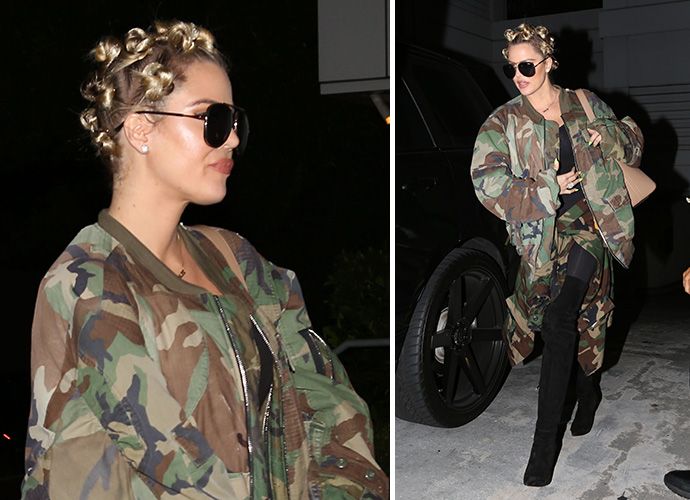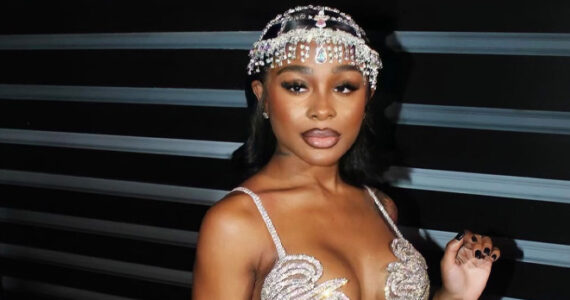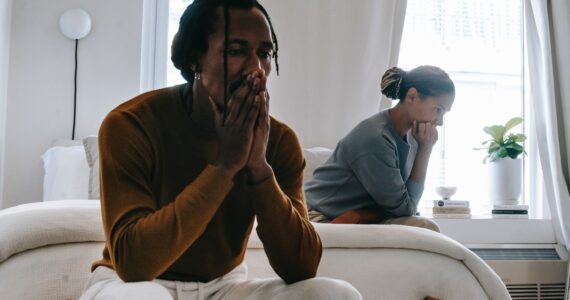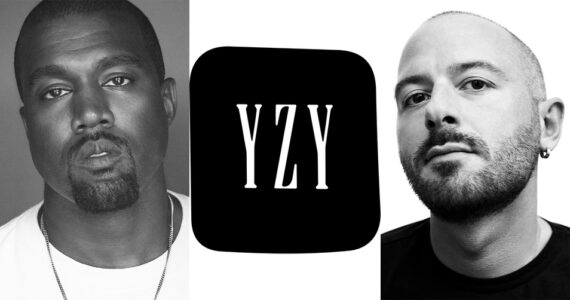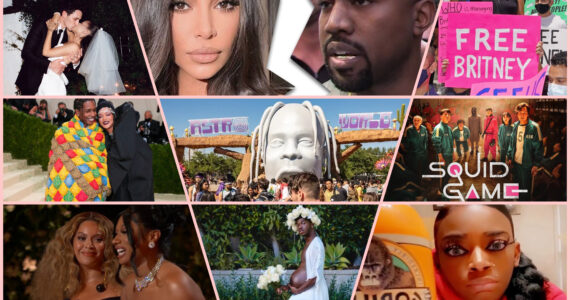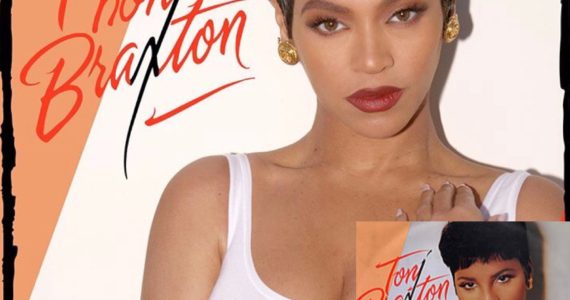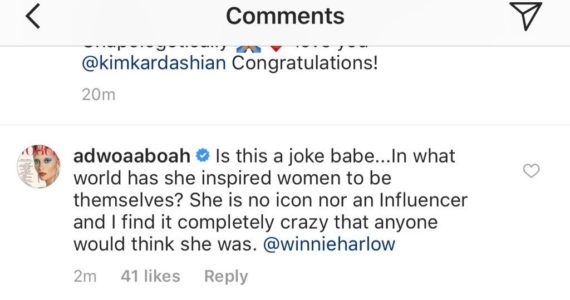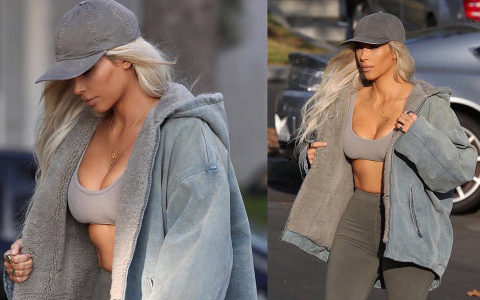Within every aspect of life, recognition is imperative. It is what distinguishes the innovative from the customary. No matter the case, every creator has the right to receive credit for their contributions to society, large or small. However in America, if you are of African descent, acknowledgment for your undocumented accomplishments is not so typical. Dating back to the mid-late 20th century, Black entertainers would often have their work copied and distributed for the White population to unknowingly adopt as their own.
These days, with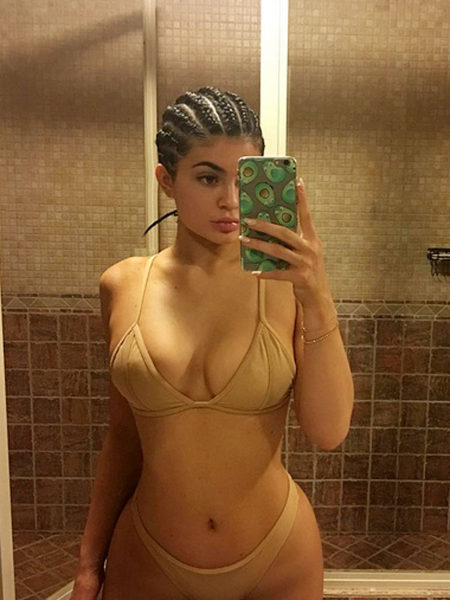 fashion recycling over quicker than in the past, it is sometimes perceived as difficult to identify, precisely, the origin of the trends we see, share, and sport daily. This issue has come to play largely in pop culture. So much that the practice has coined a term and can be identified as “cultural appropriation “. “Cultural Appropriation” is the adoption or use of elements of one culture by members of another, without given proper recognition of the origin of said elements. It is easily identifiable in the wardrobes of celebs like Kylie Jenner, Miley Cyrus, Katy Perry, and more recently, Khloe Kardashian.
fashion recycling over quicker than in the past, it is sometimes perceived as difficult to identify, precisely, the origin of the trends we see, share, and sport daily. This issue has come to play largely in pop culture. So much that the practice has coined a term and can be identified as “cultural appropriation “. “Cultural Appropriation” is the adoption or use of elements of one culture by members of another, without given proper recognition of the origin of said elements. It is easily identifiable in the wardrobes of celebs like Kylie Jenner, Miley Cyrus, Katy Perry, and more recently, Khloe Kardashian.
For the Kardashians, being criticized for cultural insensitivity is nothing out of the ordinary. Lovers of all things black, from Kylie’s lips and cornrows, to Kim’s exaggerated buttocks, accompanied by each sister’s fetish for Black men, it would be to no one’s surprise that the disrespect continue and spawn into something greater.
The day was August 9th, 2016, a typical day on Instagram. The established beauty and health ambassadors took to their daily postings, while the insta-fashionistas proceeded to post outfit-porn privy to make anyone wish they could start their days over. The usual.
Then, it happened, with the help of Joyce Bonelli, the family’s celebrity MUA, and the newly infamous hairstylist, Justine Marjan, Koko conjured a look that would cause Madame CJ Walker to turn in her grave, and send black twitter into an uproar.
Initially captioned, “Bantu babe”, Khloe posted her “Bantu babe” captioned photo clad in an over-sized ‘Raiders’ t-shirt, thigh-high leather boots, a monogrammed, velvet choker, and, because her bleached blonde tresses just weren’t enough that day, her hair was parted and arranged in a Caucasian adaptation of the West African protective style known as Bantu Knots.
Upon immediate disapproval fro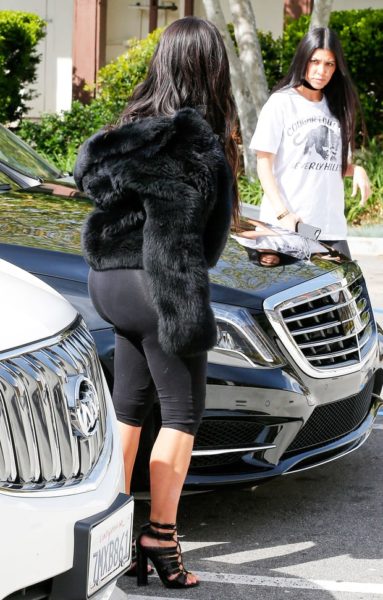 m her fans, the reality tv star changed the photo’s caption to “I think I like this one better”. It’s safe to assume that her update was in attempts to conceal her mistake and receive forgiveness from her followers. Yet, it was too late and Black twitter was already on the investigative report, ready to catch the cultural culprit.
m her fans, the reality tv star changed the photo’s caption to “I think I like this one better”. It’s safe to assume that her update was in attempts to conceal her mistake and receive forgiveness from her followers. Yet, it was too late and Black twitter was already on the investigative report, ready to catch the cultural culprit.
Now, for many it is difficult to understand the frustration found in witnessing non-black girls rock traditional protective styles like faux-locs and cornrows. However, for many young black women, it is the memories, meaning, and culture associated with the hairstyles, dating back to the African Diaspora, that resonate with us so. To witness someone perpetuate a portion of our culture that they know nothing about, outside of the men they favor, without advocating for the issues surrounding our community, is blatantly disrespectful.
I mean, it is no secret. In the media, black people are hardly ever highlighted positively, yet our culture and livelihood are constantly personified as if superior when displayed on a pale canvas. As far as Khloe is concerned, we are sure that her intentions were nothing shy of contributing yet another edgy-chic look to her collective of faux-off-guard selfies and “glam” flicks. But, just because one’s intentions are not malicious, it does not distract from the response they generate.
Moving forward, it is important that people, especially celebrities, educate themselves first and ask permission second. In order to avoid offending people that belong to a culture that is not their’s. Unfortunately, instances such as these are a recurring issue from the ‘Cocktails with Khloe’ star. Therefore, it is extremely difficult to believe that
educate themselves first and ask permission second. In order to avoid offending people that belong to a culture that is not their’s. Unfortunately, instances such as these are a recurring issue from the ‘Cocktails with Khloe’ star. Therefore, it is extremely difficult to believe that
her and her glam team were completely unaware of the origin of the hairstyle, but it doesn’t matter.
As a community, we should focus on the advancement of our people first, not who the copycat of the month will be next. Imitation is the greatest form of flattery and it is clear that we are #winning. So, turn that frown upward, gel those baby hairs down, exfoliate, and keep it cute MEFeaters! !
I’ll be in touch.


